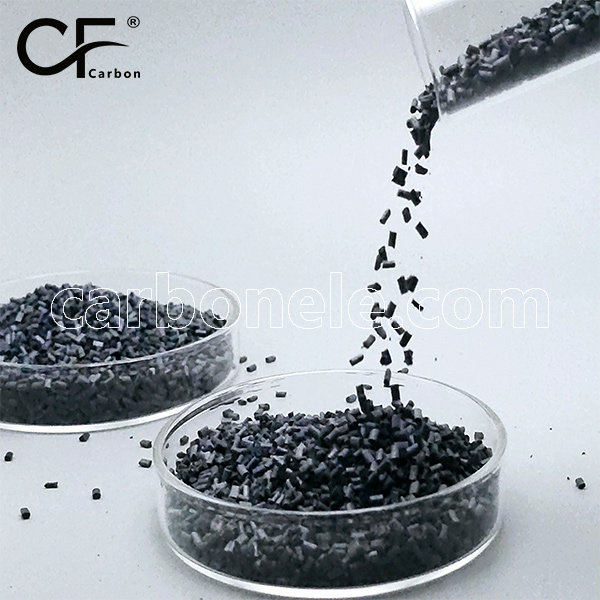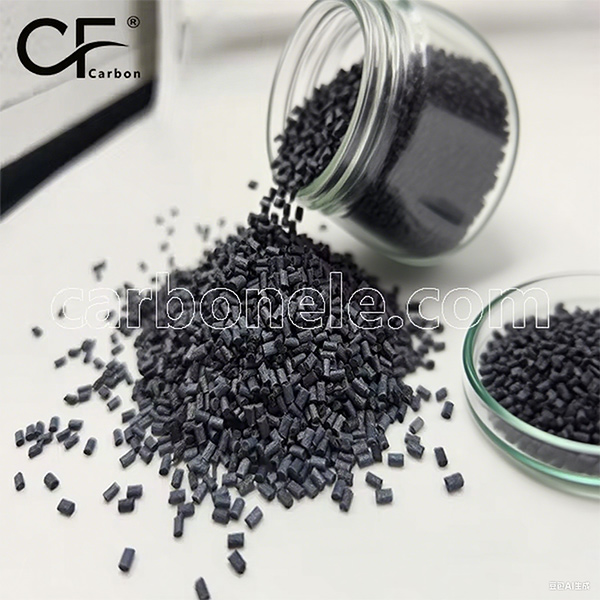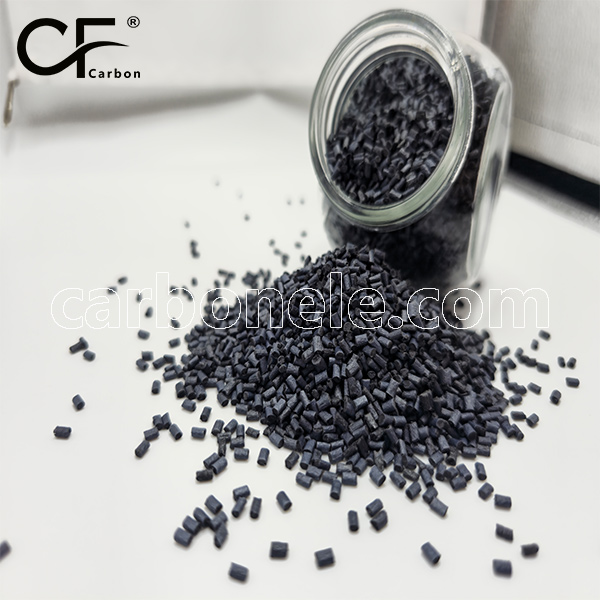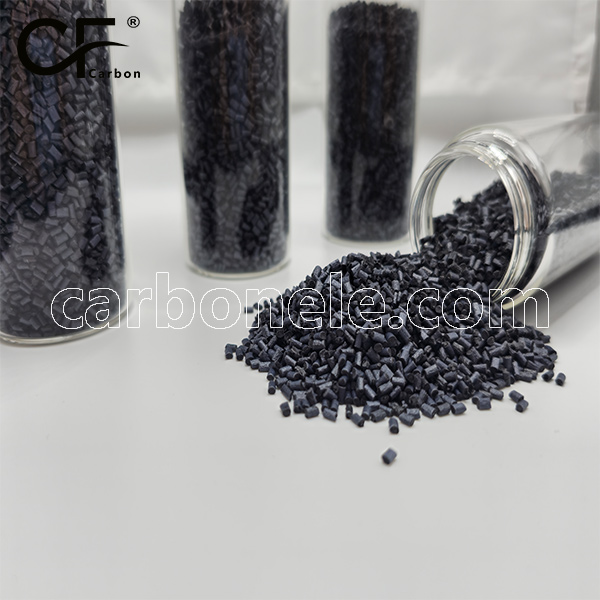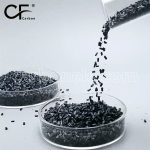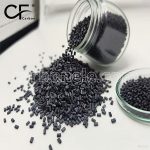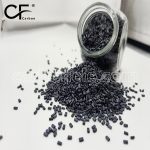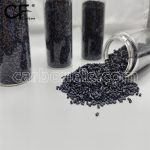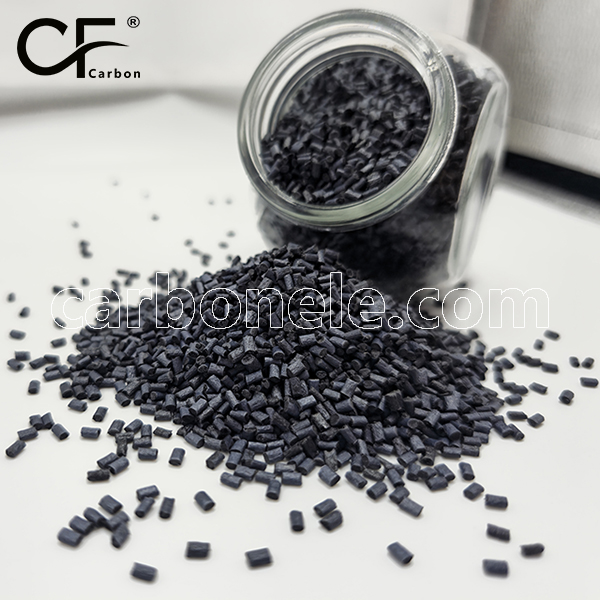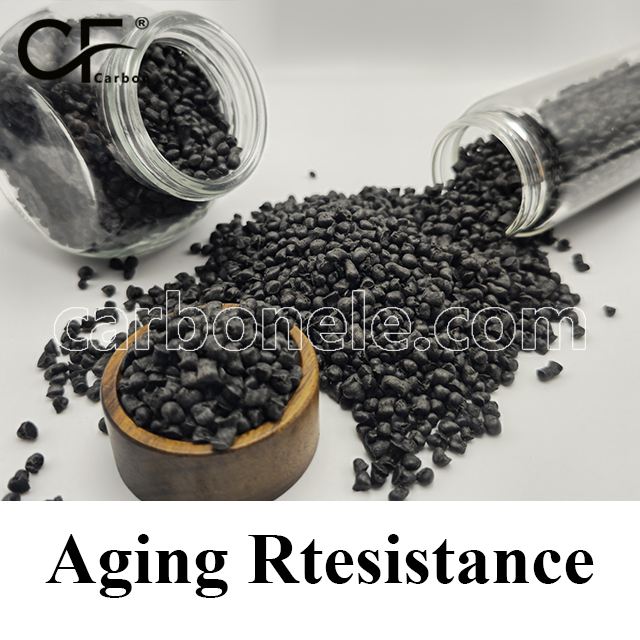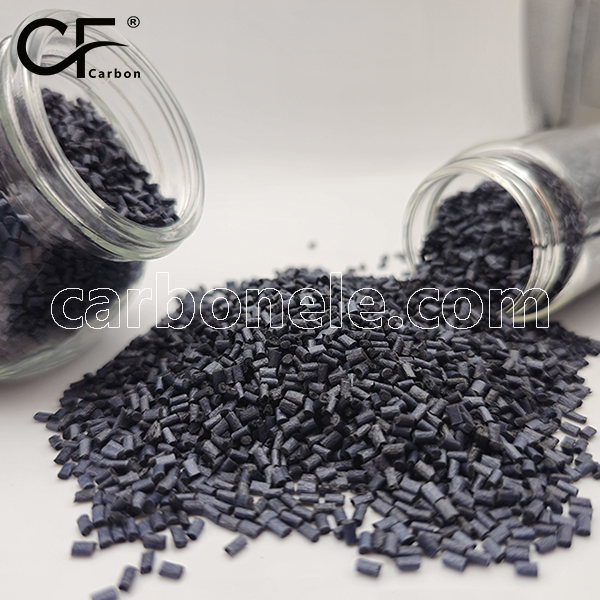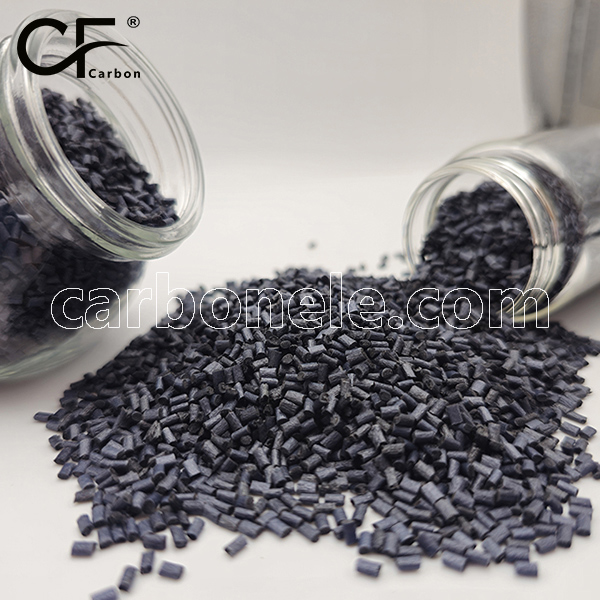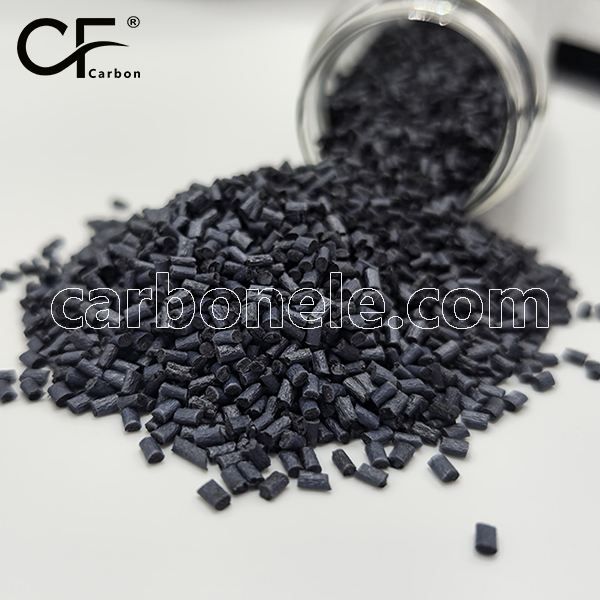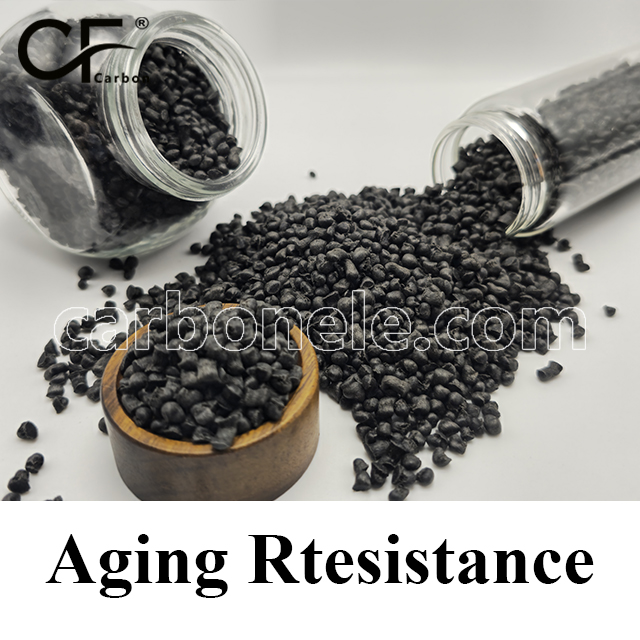
PPS CF10 Thermal Stable Composite for High-Temp Machinery
PPS CF10 10% carbon fiber reinforced couplings deliver unmatched performance for extreme industrial applications. Engineered with superior thermal stability and 40% greater load-bearing capacity than standard polymers, these couplings withstand continuous operation in high-temperature environments up to 220°C. The advanced PPS CF10 composite offers exceptional chemical resistance against oils, solvents and corrosive agents while maintaining dimensional precision under heavy loads. Available in custom configurations to meet specific torque transmission requirements.
- Model: PPS-CF-BCA1
- Reinforcemen: 10% Carbon fibers
- Base Polymer: Polyphenylene sulfide (PPS)
- Form: Granular pellets
- Processing Grade: Injection/Extrusion molding grade
Introduction to PPS CF10
PPS CF10 is an advanced polyphenylene sulfide composite reinforced with 10% carbon fiber. This high-performance material combines exceptional thermal stability, mechanical strength, and chemical resistance, making it ideal for demanding machine coupling applications. Unlike conventional polymers, PPS CF10 maintains its structural integrity even in high-temperature and corrosive environments, ensuring reliable performance under continuous operational stress.
Key Advantages of PPS CF10:
1.Exceptional heat resistance (continuous service up to 220°C)
2.Outstanding mechanical properties with 40% higher tensile strength than standard PPS
3.Superior resistance to chemicals, fuels, and lubricants
4.Low coefficient of thermal expansion for dimensional precision
5.Excellent wear characteristics for long service life
What is the material composition of PPS-CF-10?
PPS-CF-10 is an advanced composite material consisting of polyphenylene sulfide (PPS) polymer matrix uniformly reinforced with precisely 10% high-modulus carbon fibers. This engineered thermoplastic combines the inherent thermal and chemical stability of PPS with the mechanical reinforcement provided by carbon fibers, resulting in superior performance characteristics for demanding engineering applications.
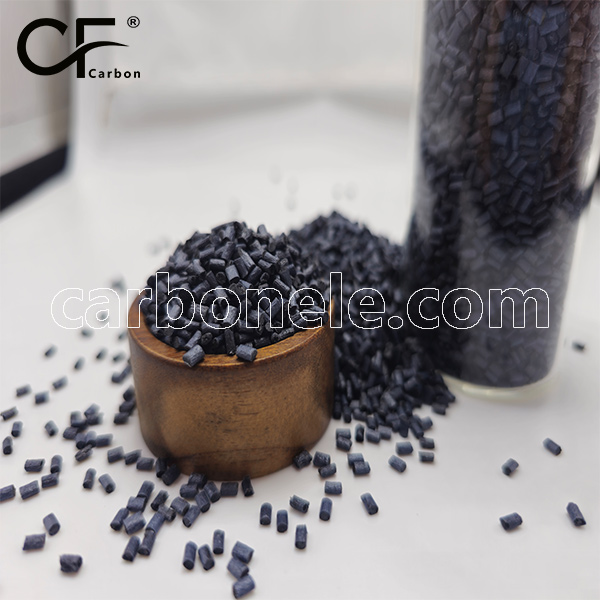


Frequently Asked Questions
Carbon (Xiamen) New Material Co., Ltd. aims to provide buyers with "one-stop" worry-free high-quality services. Here you can find all information about carbon fiber engineering plastics. If you still have questions, please send us an email for consultation!
-
How can I contact the manufacturer of a product that interests me?
When you find a product you are interested in, you can contact the manufacturer directly by sending an email and we will get back to you as soon as possible.
-
How do I find the products that interest me?
All you need to do is enter the keyword, product name in the search window and press the Enter key on your keyboard. Your search results page will then be displayed. You can also search within the product category pages on the home page. Each category is divided into subcategories, allowing you to refine your search and find products that interest you.
-
Where will I find a buying guide?
Please contact our after-sales service directly and we will provide you with a comprehensive operating guide.
-
What are CF Reinforced Thermoplastic Composites?
CF Reinforced Thermoplastic Composites are materials where carbon fibers are incorporated into a thermoplastic matrix. They combine the strength and stiffness of carbon fibers with the processability and recyclability of thermoplastics. For instance, they are used in automotive parts like bumper beams.
-
What are the benefits of CF Reinforced Thermoplastic Composites over traditional composites?
The key benefits include faster production cycles, easier recyclability, and better impact resistance. They also offer design flexibility. An example is in the manufacturing of consumer electronics casings where complex shapes can be achieved more easily.
-
How are CF Reinforced Thermoplastic Composites processed?
Common processing methods include injection molding, extrusion, and compression molding. Injection molding is widely used for mass production. For example, in the production of small components for the medical industry.
-
What industries use CF Reinforced Thermoplastic Composites?
They are utilized in aerospace, automotive, medical, and sports equipment industries. In aerospace, they can be found in interior components. In the medical field, they might be used in prosthetics.
-
How does the carbon fiber content affect the properties of the composites?
Higher carbon fiber content generally leads to increased strength and stiffness but may reduce ductility. A moderate content is often balanced for specific applications. For example, a higher content might be preferred in structural parts of a race car.
-
What are the challenges in using CF Reinforced Thermoplastic Composites?
Challenges include higher material costs, complex processing equipment requirements, and ensuring uniform fiber dispersion. Issues with adhesion between the fibers and the matrix can also arise. An example is in achieving consistent quality in large-scale production.







